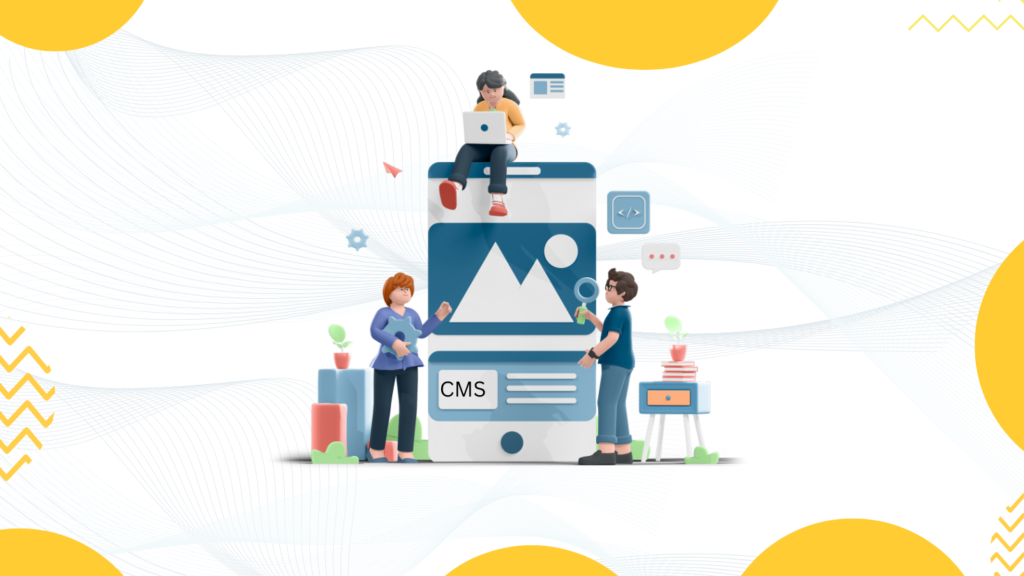Cloud Services
Cloud Services
are a collection of IT resources delivered over the internet, allowing businesses and individuals to access and manage data, applications, and infrastructure without owning physical hardware. These services are scalable, flexible, and cost-efficient, making them a cornerstone of modern digital transformation. Cloud services are internet-based applications and infrastructure resources that are provided by third-party companies to businesses and customers. They allow users to access computing resources without the need to purchase or maintain hardware and software. Cloud services are offered on-demand and are fully managed by the cloud service provider.Users can access cloud services through a computer, operating system, and internet connection.


Types of Cloud Services
Infrastructure as a Service (IaaS)
- What It Is : Provides virtualized computing resources over the internet, including servers, storage, and networking.
- Examples : Amazon Web Services (AWS), Microsoft Azure, Google Cloud Platform (GCP).
- Benefits : On demand scalability,Pay as you go pricing.
- Reduces the need for on-site hardware.
Platform as a Service (PaaS)
- What It Is : Offers a platform for developers to build, deploy, and manage applications without worrying about the underlying infrastructure.
- Examples : Heroku, Microsoft Azure App Services, Google App Engine.
- Simplifies application development.
- Provides tools for testing and deployment.
- Supports multiple programming languages.

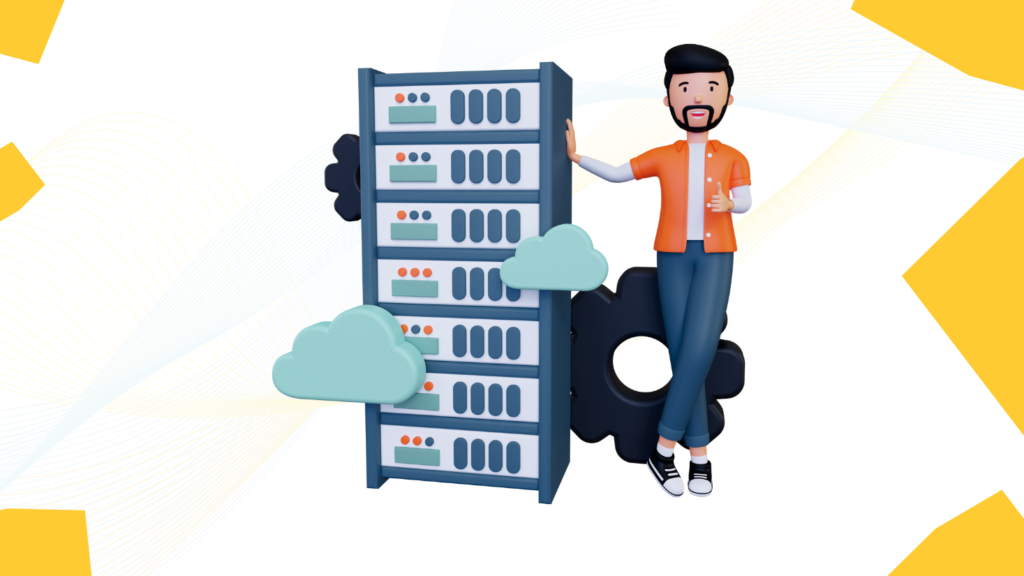
Software as a Service (SaaS)
- What It Is : Delivers software applications over the internet, typically via a subscription model.
- Examples : Google Workspace, Salesforce, Microsoft 365.
- No installation or maintenance required.
- Accessible from any device with an internet connection.
- Regular updates and feature improvements.
Deployment Models
Public Cloud
- Shared infrastructure managed by third-party providers.
- Cost-effective and highly scalable.
- Suitable for businesses of all sizes.
- Minimal maintenance as updates and security are handled by the provider.
- Ideal for startups, SaaS applications, and dynamic workloads.
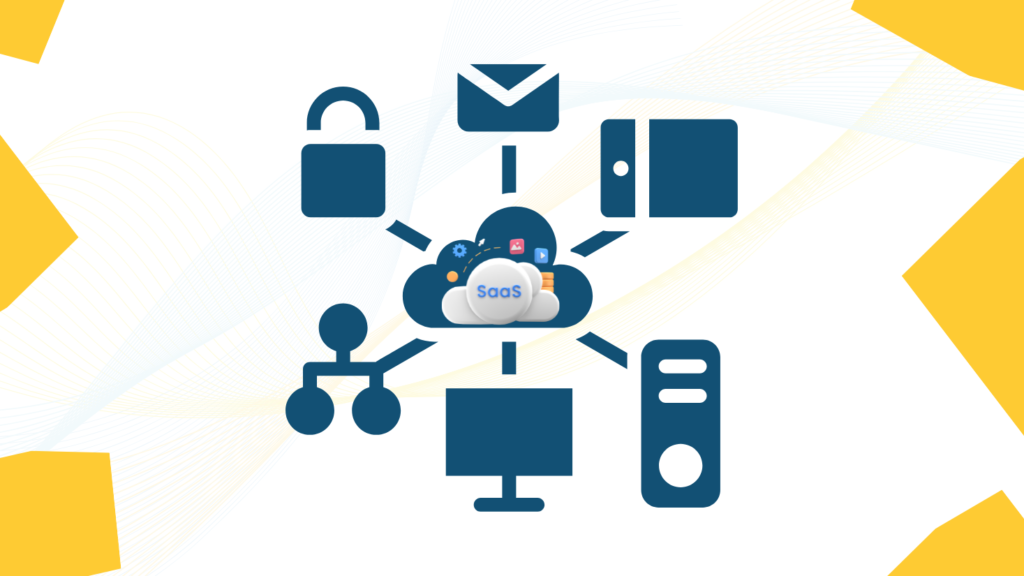

Deployment Models
Public Cloud
- Shared infrastructure managed by third-party providers.
- Cost-effective and highly scalable.
- Suitable for businesses of all sizes.
- Minimal maintenance as the provider handles updates and security.
- Ideal for dynamic workloads and collaborative projects.
- Enables quick resource provisioning and global accessibility.
Private Cloud
- Exclusive infrastructure dedicated to a single organization.
- Offers enhanced security and control.
- Ideal for industries with strict compliance requirements.
- Customizable to meet specific business and regulatory needs.
- Higher upfront cost but greater long-term control.
- Often hosted on-premises or through a dedicated third-party provider.
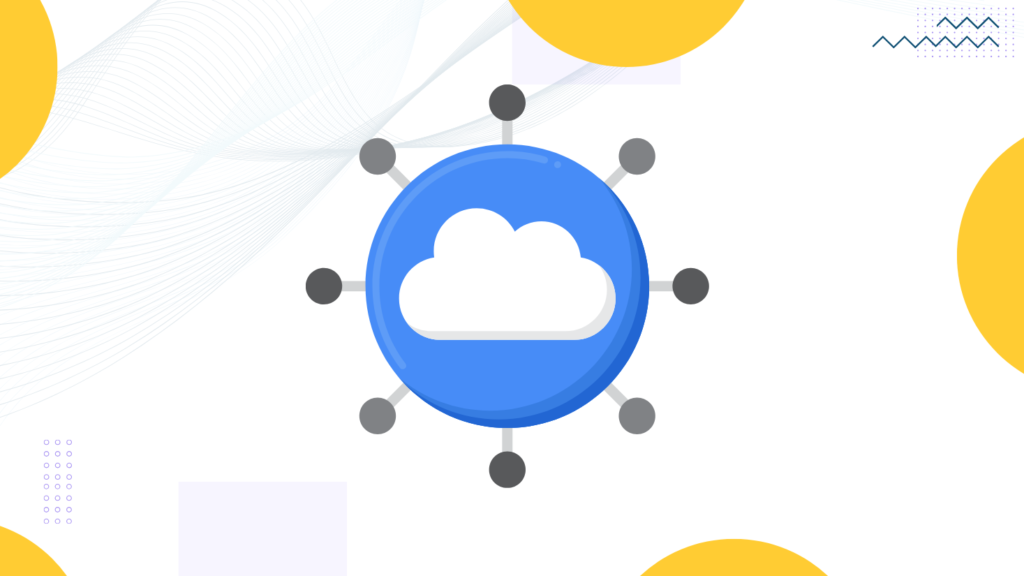

Hybrid Cloud
Public Cloud
- Combines public and private clouds for flexibility.
- Allows seamless data and application sharing between environments.
- Suitable for businesses with diverse workloads.
- Enhances scalability while maintaining data control.
- Optimizes costs by leveraging public cloud for non-sensitive workloads.
Hybrid Cloud
- Combines public and private clouds for flexibility.
- Allows seamless data and application sharing between environments.
- Suitable for businesses with diverse workloads.
- Provides greater customization and resource optimization.
- Enables full control over data governance and access.
- Suitable for organizations handling sensitive data or proprietary systems.

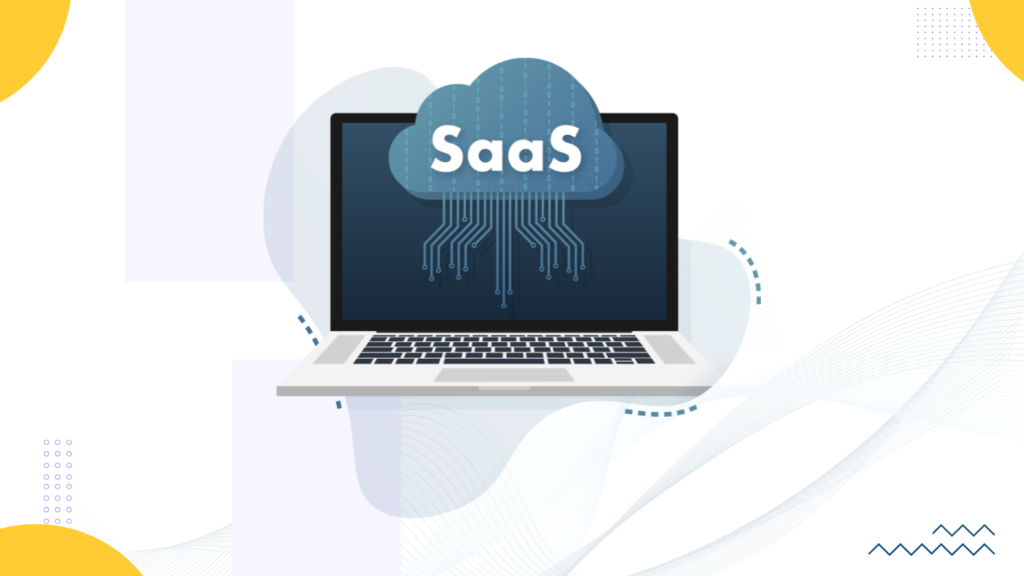
Use Cases of Cloud Services
- Data Storage and Backup : Secure and scalable storage solutions.
- Disaster Recovery : Quick recovery of critical systems after outages.
- Big Data Analytics : Process large datasets for insights.
- DevOps and CI/CD Pipelines : Streamlined development workflows.
- AI and Machine Learning : Access to powerful processing capabilities for training models.
Key Benefits of Cloud Services
- Scalability : Easily adjust resources as needs grow or shrink.
- Cost Savings : Reduce capital expenditures on hardware.
- Global Accessibility : Work from anywhere with an internet connection.
- Reliability : High uptime and disaster recovery solutions.
- Security : Advanced security features like encryption and multi-factor authentication.
